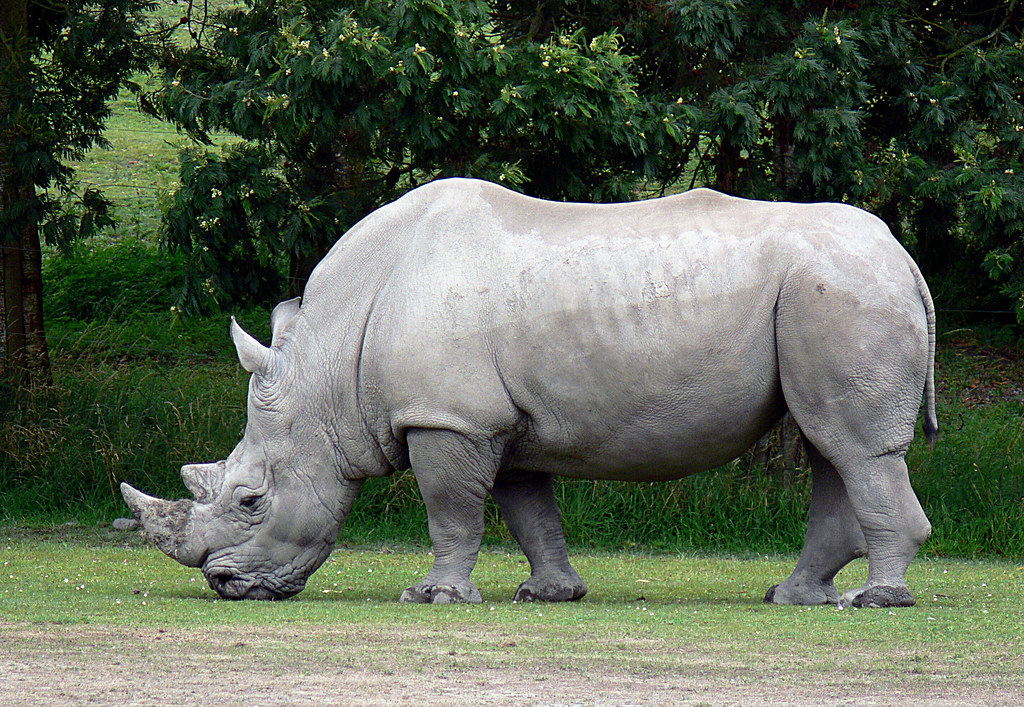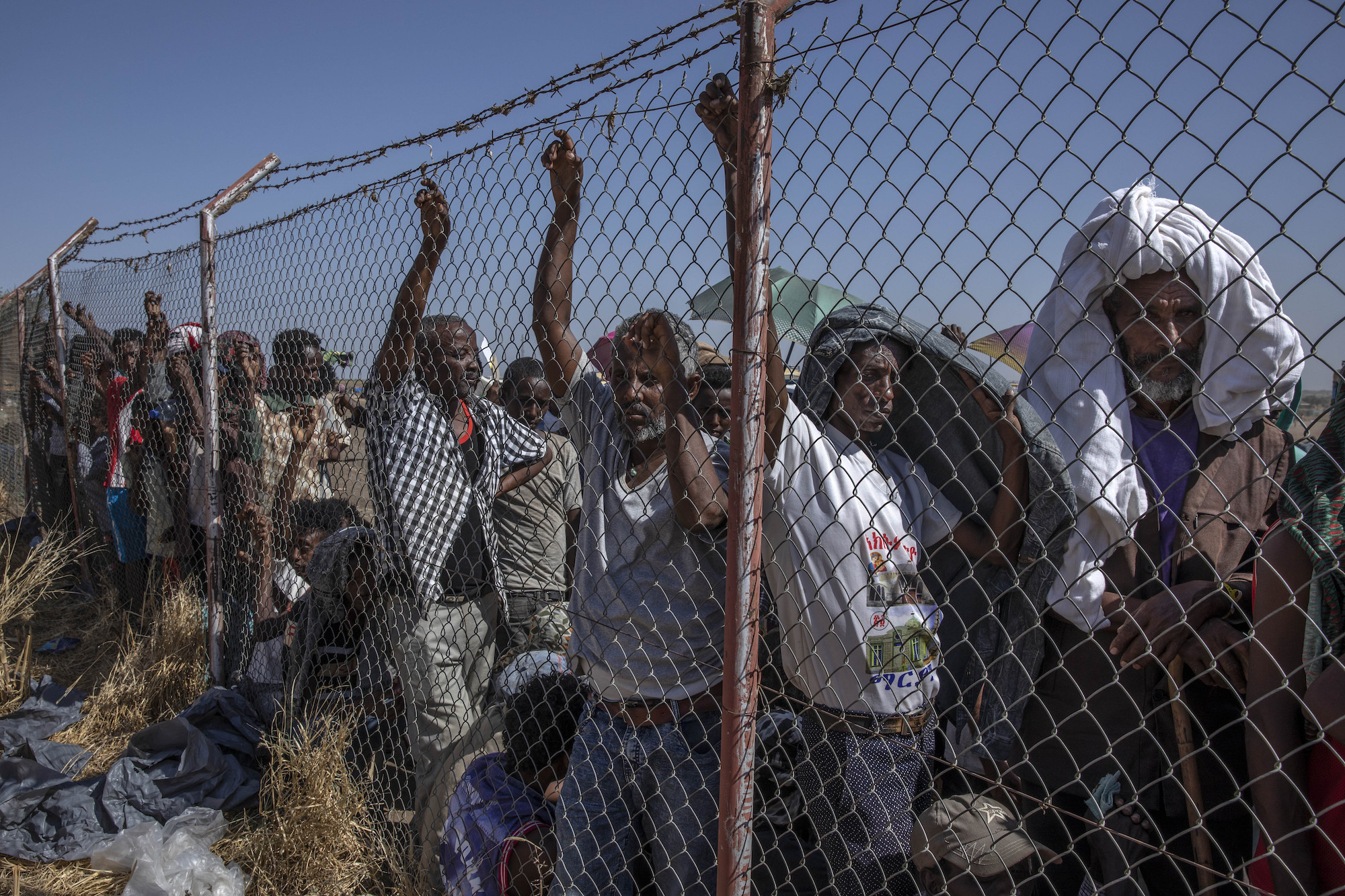Feb. 7 Sydney, Australia: The Australian government announced that the country would reopen its borders to vaccinated travelers and tourists in February, as reported by Reuters. This decision is expected to revive the Australian tourism industry and inject billions of dollars into the Australian economy, though the ban on travelers has been credited for the country’s relatively low death and infection rates. The start-stop lockdowns, another component of Australia’s COVID-19 response, were lifted Dec. 2021. In the past few months, Australia’s efforts to loosen restrictions have included allowing the entrance of skilled migrants and quarantine-free travel arrangements with New Zealand along with a select few other countries, according to Reuters. Borders will reopen on Feb. 21, the first time since March 2020 that international travel from anywhere in the world will be allowed, as long as the traveler is vaccinated. “If you’re double-vaccinated, we look forward to welcoming [you] back to Australia” said Australian Prime Minister Scott Morrison at a media briefing. This decision to lift the travel ban comes three months before Morrison faces an election, and has been positively received by the tourism industry. “Over the two years since the borders have been closed, the industry has been on its knees,” said Australian Tourism Export Council Managing Director Peter Shelley. “Now we can turn our collective efforts towards rebuilding an industry that is in disrepair.”
Feb. 7 Ottawa, Canada: Following intense protests against COVID-19 restrictions in Canada, Canadian police stated Monday that they have seized thousands of liters of fuel as well as removed an oil tanker as part of a crackdown on the 11-day ongoing protest. Canadian police officials stated that truck and protester numbers had dropped significantly. A court granted an interim injunction following excessive amounts of horn blaring by the protestors gridlocking streets of Ottawa. The participants are going by the collective alias Freedom Convoy, composed of truckers and other motorists who oppose a Canadian vaccine mandate for cross-border drivers—a rule already in place in the United States. The rallies have evolved from a protest over the specific mandate into a general protest against Canadian Prime Minister Justin Trudeau’s public health measures. “This is a story of a country that [got] through this pandemic by being united and a few people shouting and waving swastikas does not define who Canadians are,” Trudeau said. Trudeau denounced the tactics being used by the protesters in response to an emergency debate within parliament.
Feb. 11 Chin State, Myanmar: Kaung Thu Win, a Myanmar Army officer who defected and fled the country, spoke with Reuters about the country’s battlefield losses to rebels in the southern part of Chin state. He alleged that at least 50 soldiers were killed—and 200 badly wounded—by opposition fighters using homemade weapons in 2021. Kaung Thu Win defected after he heard reports from colleagues of the military abuses that occurred last year during clashes. He showed Reuters his national and military identity cards, as well as 30 classified documents backing up his statements about the events. The former officer detailed 12 incidents in which soldiers were killed or wounded by rebels occurring from May–Dec. 2021. The documents stored on his mobile device provided new insight to a previously unreported major clash near Mindat, and served as further evidence of rebellion growth against Myanmar’s military rulers. The Mindat attack occurred on May 14, 2021 around dawn when seven Myanmar military vehicles were ambushed by rebel forces. The rebels fired at troops from hillside positions which resulted in five deaths and 37 troops unaccounted for. An internal field report estimated 1,000 insurgents had participated in the attack that left six army trucks destroyed and multiple weapons lost. Four other Myanmar Army defectors reviewed the documents and confirmed that they mirrored the language, format and descriptions of combat seen in other official documents. According to Kaung Thu Win, at least 20 Myanmar soldiers died. The level of civil unrest in Myanmar has been high, with some analysts calling the conflict a civil war, according to Reuters. The Myanmar military has called the rebellion an armed insurrection, with military ruler Min Aung Hlaing claiming 2021 was filled with 9,000 terrorist attacks.





